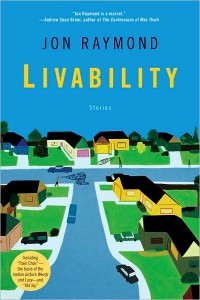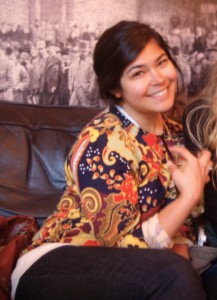What the World Will Look Like When All the Water Leaves Us, by Laura van den Berg
by Liana Imam
“I imagine the seasonally unspecified stories in Laura van den Berg’s What the World Will Look Like When All the Water Leaves Us must be set in spring because spring is a time that makes me feel young, young as girls and in as much danger. And then there’s always this odd moment of realization that I am young and a girl and in some dangers. I’m still in too-close contact with boys I once loved, still prone to crying in public, still not aware of the dynamic personal lives of adults. Spring in the Midwest is about babies and hope and vitality, but it’s also about knowing that eventually a late frost is going to swing in out of no place and kill everything you haven’t collected in the shed. And I wanted the people in these stories locked up safe.”


























